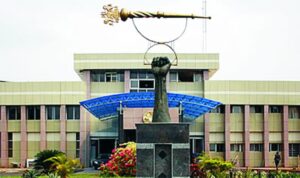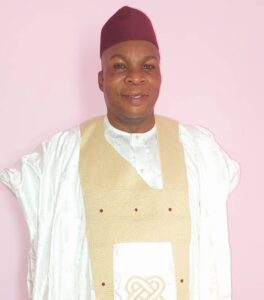
The Russian Embassy in Nigeria, on Tuesday, dismissed recent media reports alleging the involvement of Nigerian women in forced labour and exploitation in Russia’s Special Economic Zone in Alabuga, describing them as fabrications fueled by anti-Russian sentiment.
The embassy responded following reports of alleged mistreatment of African women recruited to work in factories in the Republic of Tatarstan.
According to some reports, women were promised employment and educational opportunities, only to be subjected to inhumane working conditions, human trafficking, and even forced prostitution.
In a statement issued by the embassy, it criticised the reports, describing them as “volumes of pages” filled with “imaginative” claims.
It emphasised that the SEZ Alabuga, established in 2006, remains one of Russia’s most efficient and rapidly developing economic zones.
“The Nigerian press has drawn attention to the interest in the topic of the Special Economic Zone in Alabuga.
“Some local publications, particularly sophisticated in their imagination, publish volumes of pages of reports about Nigerian girls and women who were forcibly drawn into work at factories in the Republic of Tatarstan.
“For you information: The Special Economic Zone Alabuga was created in 2006. Today, the SEZ is actively developing and is one of the leaders in efficiency among Russian companies,” the statement read in part.
The embassy acknowledged that some reports suggest a labour shortage in Russia, prompting recruitment efforts targeting residents of African and Asian countries through online platforms.
However, it denied the allegations of abuse and coercion, attributing the claims to what it described as a “pro-Western colonial agenda.”
The statement further suggested that some journalists may have been financially influenced by foreign interests to publish what the embassy called “dirty and false information” aimed at tarnishing Russia’s image.
It reiterated Russia’s support for African nations in their struggles against terrorism and colonial legacies, while urging journalists to verify their sources before publishing.
“Pro-Western paid authors could not do without the colonial agenda here either. Rest assured that Russia, which has fought for independence for centuries, respects and values the right of any people to freedom at any point.
“We support Africa and other countries in the fight against terrorism and the remnants of colonialism, and we also oppose the domination of some countries over others. As is traditional, we advise authors to check the sources of information and, at least for a minute, think about its veracity
“The real colonialism of our time, or neocolonialism, is when an African journalist takes money from representatives of former metropolises to place dirty and false information in the media, creating a false picture of the world and misleading millions of fellow citizens,” the statement added.







